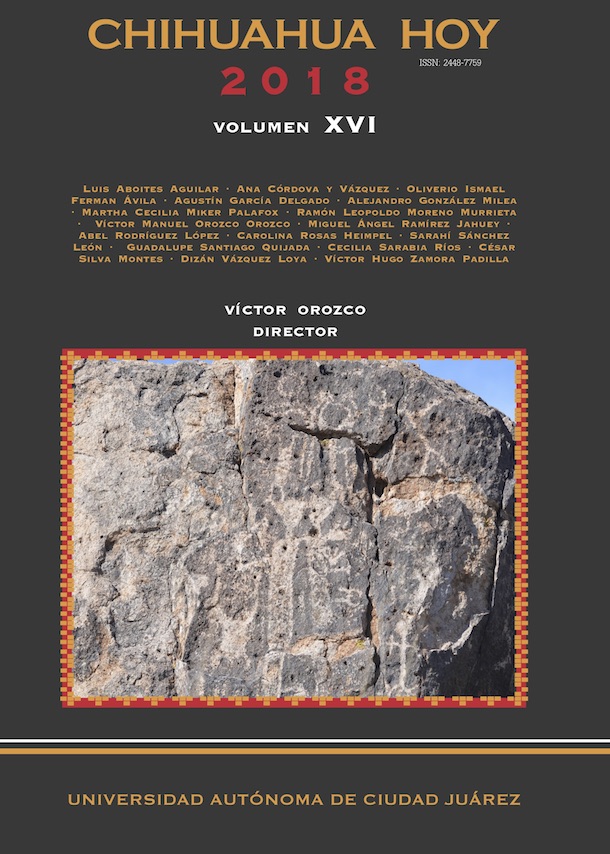Economía solidaria en la frontera norte de México: la emergencia de alternativas de desarrollo local y regional
The exploration of the solidarity economy is more important each day when we talk about an aspiration to have a society with justice, equality, and solidarity. In front of a discouraging scenario in the northern of Mexico arise the need to reflection about how to practice the alternatives of local a...
Saved in:
| Main Author: | |
|---|---|
| Format: | Artículo |
| Language: | spa |
| Published: |
Universidad Autónoma de Ciudad Juárez
2018
|
| Subjects: | |
| Online Access: | http://erevistas.uacj.mx/ojs/index.php/ChihuahuaHoy/article/view/2231 |
| Tags: |
Add Tag
No Tags, Be the first to tag this record!
|
| Summary: | The exploration of the solidarity economy is more important each day when we talk about an aspiration to have a society with justice, equality, and solidarity. In front of a discouraging scenario in the northern of Mexico arise the need to reflection about how to practice the alternatives of local and regional development looking for a common good. The principal need for the citizens of Ciudad Juárez, more than a question of security, is a matter of economics questions. Not only the source of work is necessary. It’s important to have a better labor conditions and the certain to retain the employment and better wages (Padilla, Olivas, & Alvarado, 2014) as the actual conditions of a border employees is so much precarious and the humans beings are exploited looking for increase productivity and low cost for the products. And then, exhausted, they are thrown away as waste (Jusidman, & Almada, 2008). In Ciudad Juárez 75% of the population live in poverty and most citizens obtain salaries that are not enough for the food basket and others familiars demands. In this context, are emerging practices, knowledge and actors like cooperativa Mujeres de Esperanza y Fe, cooperativa Servicio Verde, colectivo Chopeke, and banco de tiempo Doña Ana Communities United and that of Ciudad Juárez. An approach to these experiences shows the challenges and difficulties that arise and allows us to document and understand the possibilities to define the principles of action in the search of the common good and better good living in the border between Mexico and the United States. |
|---|---|
| ISSN: |
